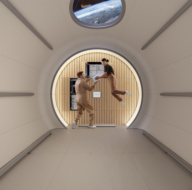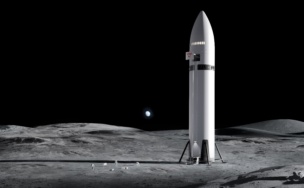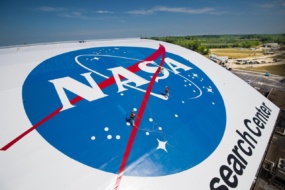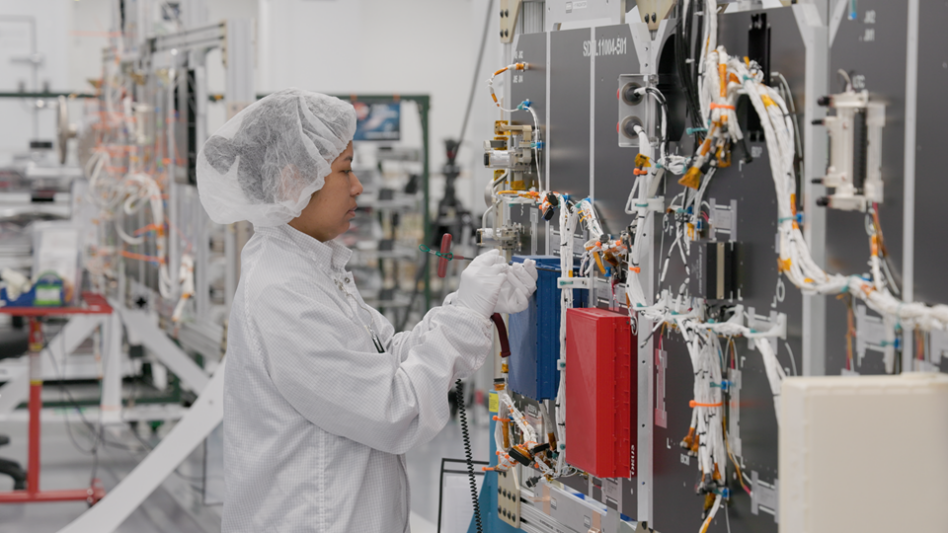The Orion spacecraft’s heat shield suffered extensive damage during its first flight that could “pose significant risks to the safety of the crew” of Artemis II, NASA’s watchdog revealed in a report on Wednesday.
The damage to the capsule’s shielding and bolts occurred on reentry after the uncrewed Orion capsule completed its lunar orbit in late 2022. NASA has already been working to address the issue, which drove the agency’s decision to delay the Artemis II mission from November 2024 to September 2025.
However, given that the next flight will have a crew of four onboard, the significant damage outlined, and the pictures disseminated by the space agency’s inspector general, put renewed pressure on the agency
“The Artemis I test flight revealed critical issues that need to be addressed before placing crew on the Artemis II mission,” the report wrote. “In particular, the test flight revealed anomalies with the Orion heat shield, separation bolts, and power distribution that pose significant risks to the safety of the crew.”
Orion damages:
- Char loss: NASA identified 100+ locations where Orion’s heat shield wore away unexpectedly. In some places, full chunks of the heat shield were missing.
- The inspector general said that while they found no damage to the crew module, debris could cause significant damage to a parachute, which could lead to loss of vehicle or life.
- Bolt melting: The agency found three out of four key bolts showed significant erosion, allowing heat to seep in.
- The report warned that “separation bolt melt beyond the thermal barrier during reentry can expose the vehicle to hot gas ingestion behind the heat shield, exceeding Orion’s structural limits and resulting in the breakup of the vehicle and loss of crew.”
NASA agreed with the report’s recommendations, and the inspector general acknowledged several times that the agency was already working to solve the problems.





